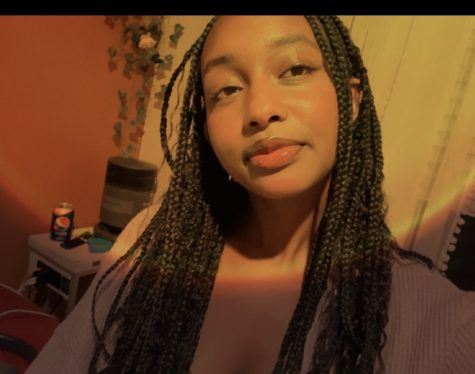No Nonsense Nadia
“In a racist society, it’s not enough to be non-racist, we must be anti-racist,” Angela Y. Davis, political activist.
This quote echoes in my mind because Davis explores the idea that as a society, a community, we have to actively fight against prejudice. That involves racism, homophobia, and ableism. We need to see that by recognizing the injustices that have become normalized, we can change for the better.
Obviously, that doesn’t happen overnight. I have to admit that it’s hard to change the mindset that has been embedded in every aspect of our society. In order to do this, we have to educate ourselves. I can’t speak on behalf of everything, but I encourage readers to educate themselves on what they want to know more about.
I would say the biggest way to diminish internal prejudice is to recognize what privilege you already have. This plays into the fact that society needs to recognize where we can speak on certain issues. For example, someone who isn’t of Native American descent should recognize that they aren’t the most qualified to speak on current Native American perspectives. They wouldn’t be able to capture the reality of being a part of the Native American culture. It’s important not to speak over people’s experiences. On the flip slide, being able to create opportunities for people to speak is being an ally. The key difference is knowing when you can speak about issues that don’t pertain to you personally.
The biggest step after recognition is actively fighting against it. That means being able to engage in conversations and actions that advocate for the issue. It’s not enough to think and not do anything when you see an issue. By not doing anything, you ultimately don’t help the problem. If you hear someone say a slur, don’t ignore it, take a moment to say why they shouldn’t be saying that. It’s better than not saying anything at all. I cannot emphasize enough that being active and engaging will create a better community that doesn’t accept any prejudice.
Davis’s legacy is vital to our society. We cannot simply be a bystander to the issues around us; it involves being an advocate. The more we become conscious of our own internalized prejudice, we can combat it. It’s a battle that we need to fight. The more we understand that we have lived a in society where these ideas were put upon us, the more we can change it.
As much as we already are doing, there is still more to be done. We can do more than just be neutral, we can be strong.


